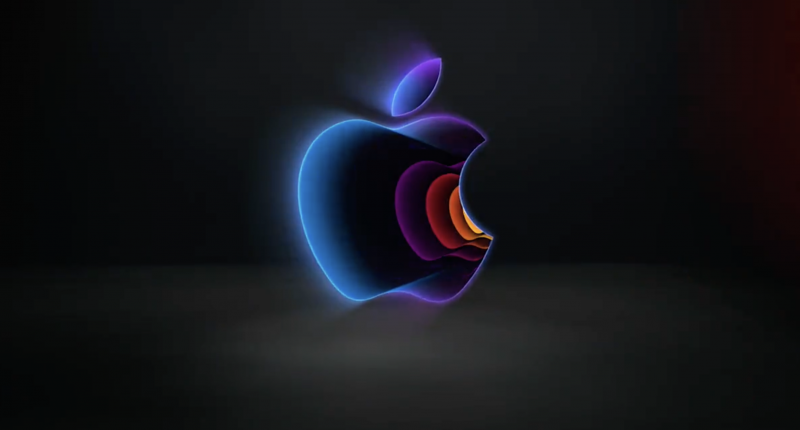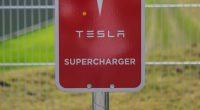In a newly published research paper about its upcoming AI suited ‘Apple Intelligence’, Apple has now revealed that the new AI system relies on Tensor Processing Units (TPUs) designed by Google rather than the widely utilized GPUs from Nvidia.
Traditionally, Nvidia’s GPUs have been the preferred choice for training large-scale AI models due to their advantage in computational prowess and parallel processing capabilities. However, the burgeoning demand for these chips has led to supply constraints and escalating prices, forcing tech giants to explore alternative solutions.
By opting for Google’s cloud-based TPU platform, Apple gains access to a substantial amount of computational resources without the need for making major investments in hardware infrastructure. Google’s TPUs, which are custom-designed for machine learning tasks, have been a part of Google’s internal infrastructure since 2015 and were publicly made available through Google Cloud in 2017. The technical paper from Apple details the use of two specific TPU models: the TPUv5p and TPUv4. For on-device AI models intended for iPhones and other Apple devices, Apple utilized 2,048 TPUv5p chips. In contrast, for server-based AI models, Apple deployed 8,192 TPUv4 chips, which were organized in large clusters to optimize computational efficiency.
Furthermore, Google’s TPUs are offered through Google Cloud at a competitive rate, with the latest models costing under $2 per hour per chip when reserved for a three-year term. This pricing, combined with the technical advantages of TPUs, makes them an appealing alternative to Nvidia’s GPUs. The technical paper from Apple suggests that the TPU architecture enables the development of even larger and more sophisticated AI models
Nvidia has long been the dominant player in the AI hardware market, with its GPUs being the preferred choice for major AI developers and tech companies, including OpenAI, Microsoft, and Anthropic. The high demand for Nvidia’s GPUs, coupled with supply constraints, has driven tech companies to explore alternative options. Google’s TPUs have emerged as a competitive alternative due to their design specifically tailored for machine learning tasks and their availability through Google Cloud, which offers a different approach compared to Nvidia’s standalone chip sales.
This development also comes at a time when the tech behemoth has rolled out iOS 18.1 beta version for registered developers, marking the initial rollout of Apple Intelligence. This includes features like an upgraded Siri, improved natural language processing, and AI-generated text summaries, represents a significant leap in its AI capabilities. The Mail app will now contain a new inbox interface, while Enhanced Smart Reply offers quick response suggestions as well. Over the next year, Apple plans to integrate additional AI-driven features such as image and emoji generation and a more advanced Siri that can interact with personal information within apps.
The Tech Portal is published by Blue Box Media Private Limited. Our investors have no influence over our reporting. Read our full Ownership and Funding Disclosure →






